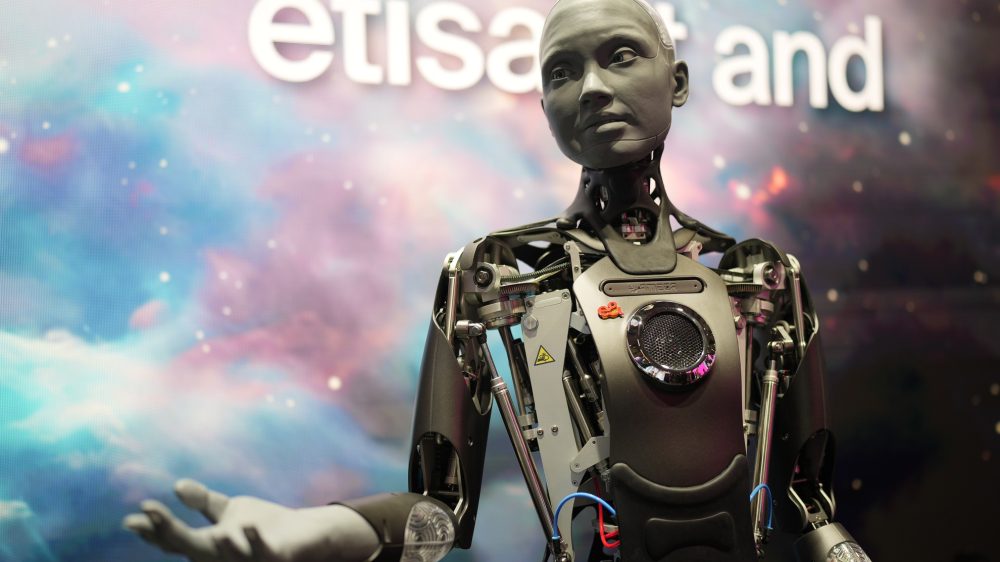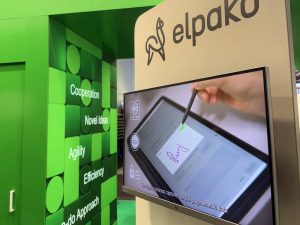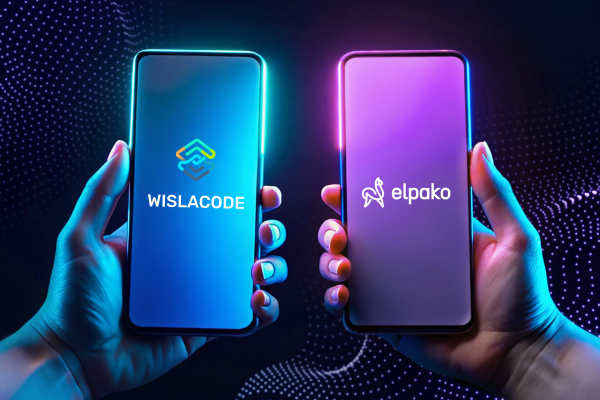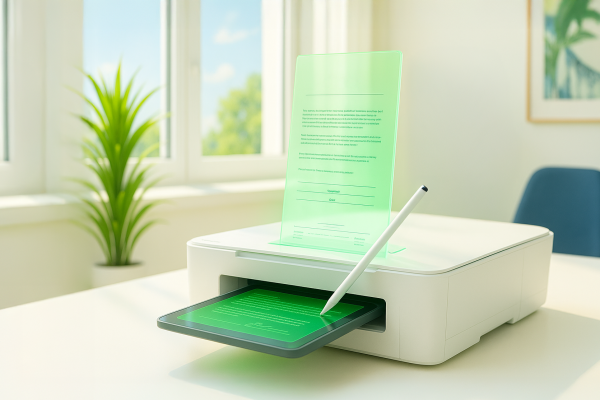
The Mobile World Congress (MWC) in Barcelona, held from March 3–6, once again proved that the tech industry is evolving at an incredible pace. Together with the Elpako team, we had the opportunity to showcase our biometric signature solution, build new connections, and assess market trends. The event made it clear that 5G, artificial intelligence (AI), and digital identity will be at the forefront of innovation in the coming years.
Cutting-edge solutions demonstrated how technology is shaping our future and streamlining everyday processes. From AI-powered smart devices and augmented reality applications to real-world 5G innovations, new possibilities are emerging across industries. Foldable screens, humanoid robots, and advanced mobile camera systems were also key highlights, showcasing how innovation continues to redefine our interaction with technology.
The core message of MWC25 was clear—technology isn’t just transforming our lives; it’s optimizing them. While 5G and AI were the primary focus, digital identity solutions also gained significant attention.

The Evolution of Digital Identity
With the introduction of eIDAS 2.0 on May 20, 2024, digital identity is entering a new era. By the end of 2026, all EU countries will be required to implement digital identity wallets, allowing citizens to securely verify their identity and sign documents.
These digital wallets mark a significant step toward full digitalization, but challenges remain—particularly in terms of infrastructure compatibility and user readiness. Organizations must adapt and invest in flexible, secure signing solutions to meet the new standards.
A Crucial Solution for In-Person Verification
Despite the push for digital wallets under eIDAS 2.0, biometric signatures remain an essential solution for situations requiring physical verification.
Why Are Biometric Signatures Still Necessary?
- 70% of public services are still provided in person—fully transitioning to online digital signatures will take time.
- Not all users will adopt digital wallets, making reliable alternatives a necessity.
- Sectors like healthcare, legal services, and government institutions will continue to require physical identity verification.
Until society becomes fully digital, biometric signatures will remain a convenient and secure solution. They enable fast, reliable document signing while ensuring that data is securely stored within digital systems.

What’s Next?
MWC25 made it clear: the digital transformation is unstoppable. Companies that can quickly adapt to AI, 5G, and digital identity innovations will gain a strong competitive edge.
Biometric signatures will continue to play a strategic role—not just complementing but strengthening the digital identity ecosystem. Our mission is to ensure that these innovations become practical tools, empowering businesses and the public sector to move forward.
P.S. A special highlight of the event was our participation in the Pitch2Pitch competition—a platform that gives companies the chance to present their innovations on Mobile World Live TV and gain international exposure. Out of numerous participants, we made it to the final four, proving once again that our solutions have significant potential in the global market.

Rokas Jašinskas
Export Development Manager, Elpako


